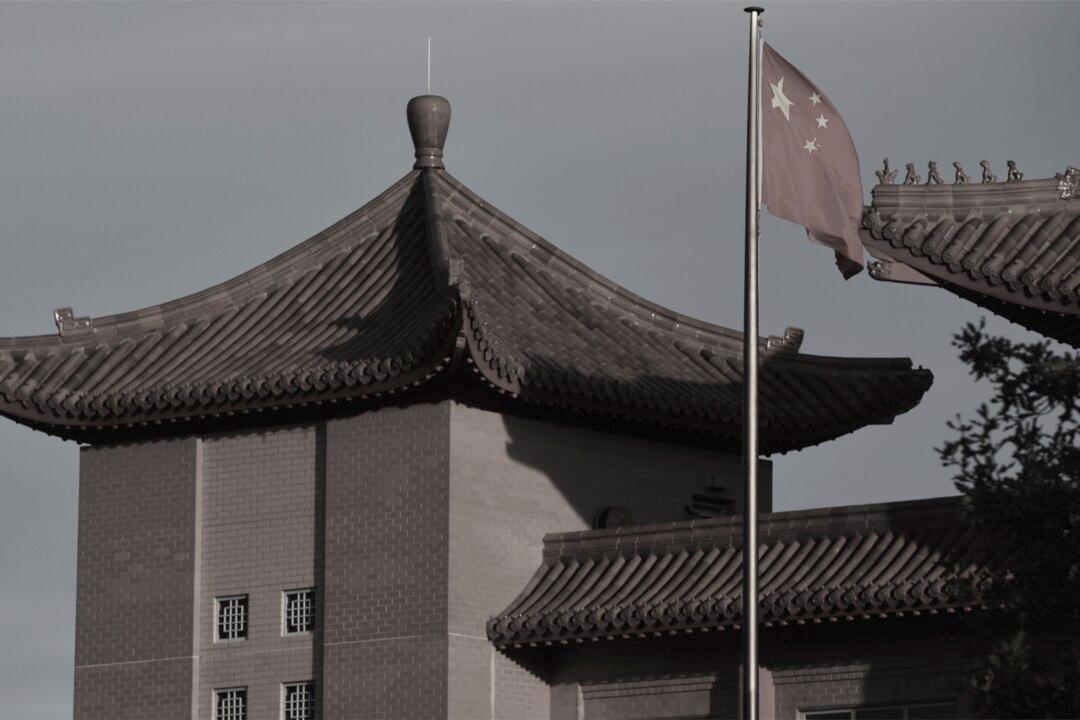The Chinese Communist Party (CCP) is using social media to spread disinformation about Australian politics in a bid to undermine trust in Australia’s democratic institutions, researchers said.
Beijing has coordinated dozens of Twitter accounts in recent months to amplify allegations of sexual assault and misconduct in Parliament House using the propaganda network Spamouflage, according to experts at the Australian Strategic Policy Institute (ASPI), a defence and strategic policy think tank founded by the Australian government.




